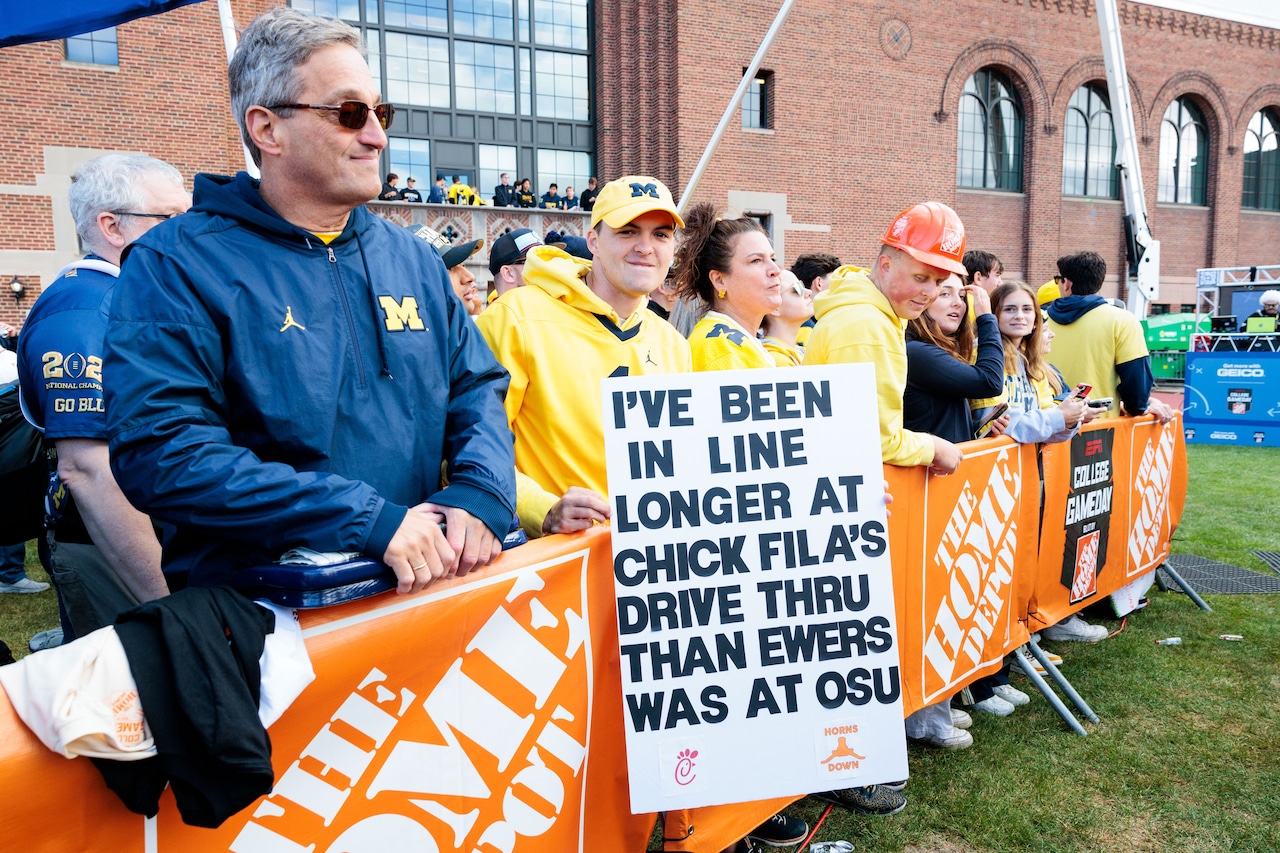
Do you remember facing the Ebola scare years ago? I do. There was a big sign next to the vending machines in the emergency department entrance warning anyone who had traveled to Western Africa to report travel and their symptoms. Although aware of the seriousness and very possible fatal outcome of Ebola, I was not alone in naively thinking these diseases wouldn’t affect us because they were happening in third world countries without proper public health. In a post COVID pandemic world, the possibility of a disease outbreak traveling to the US, brings me pause and the need to know more.
The US announced they would be screening travelers entering our country from Rwanda for the Marburg virus this week. The CDC will begin health entry screenings on anyone coming from East Africa to prevent the spread of this deadly virus that is similar to Ebola. It is currently considered to be low risk. There are no cases in the US. They also advise against nonessential travel to Rwanda. Texts are sent to air travelers arriving from Rwanda to share information and instructions.
One might ask why should we be concerned and who actually travels to Rwanda? My knowledge of Rwanda was limited to their terrible history of genocide in 1994. Since then, the country has worked hard to encourage tourism and not be controlled by their tragedy. They highlight mountain gorilla trekking, birdwatching, game drives, nature walks, hiking, cultural experiences, rainforests, volcanos, safaris and lakeside relaxation. The capital of Kigali offers city life, business, economic development, character, art centers, museums, dance and shopping. People also travel for business. It is ranked as the second easiest place to do business in Africa. The convention center is also a popular host of regional and international events.
Thus it is not a small rural, underdeveloped area with only aide or health care workers traveling in and out. It is a busy country with people from all walks of life coming and going. We learned in the pandemic how quickly world travel can transmit disease.
The Marburg virus is a rare but severe fever resulting in uncontrolled bleeding that causes serious illness and death. It was first discovered in 1967 in Marburg and Frankfurt Germany. There is no treatment or vaccine. Care is supportive. Rwanda has reported 62 cases and 15 deaths secondary to this virus, along with many suspected in isolation. Most of those affected are health care workers.
This “orthomarburgvirus” is spread through bodily fluids of infected animals or people as well as handling their clothing and bedding. It is found in Egyptian fruit bats and monkeys. The fact that it is not spread via airborne particles makes it easier to contain. The virus has been found in bodily fluids of those who have survived the virus.
It can take up to 3 weeks for symptoms to start after exposure. Initial symptoms are usually a rash and fever. Then body aches, stomach ache, headache, diarrhea, vomiting, unexplained bleeding and bruising, red eyes, rash and hiccups occur. Severe bleeding leads to death in 90% of cases.
The CDC has had an office in Rwanda since 2002. They are increasing staff in this office to investigate, track, test and try to control transmission along borders. They are also assisting hospitals with infection prevention and control. Investigative vaccines and medications have been brought to Rwanda from the US.
The CDC is also raising awareness for US providers of possible cases and what to do if Marburg is suspected. An advisory has been issued.
Although Rwanda is almost 7,000 miles away or 21 hours from Massachusetts, in this day and age of travel, diseases can travel easily despite the best of efforts of WHO, CDC and other public health agencies. The trajectory of a virus from patient one to many others is frightening. COVID has taught us to be more aware and heed advisories. A small little virus outbreak across the ocean may very well result in a life changing pandemic.
Take care of yourself and someone else.
Juanita Carnes is a Westfield resident and a nurse practitioner with 38 years of experience in a hospital emergency department and urgent care facilities. She served 30 years on the Westfield Board of Health.






